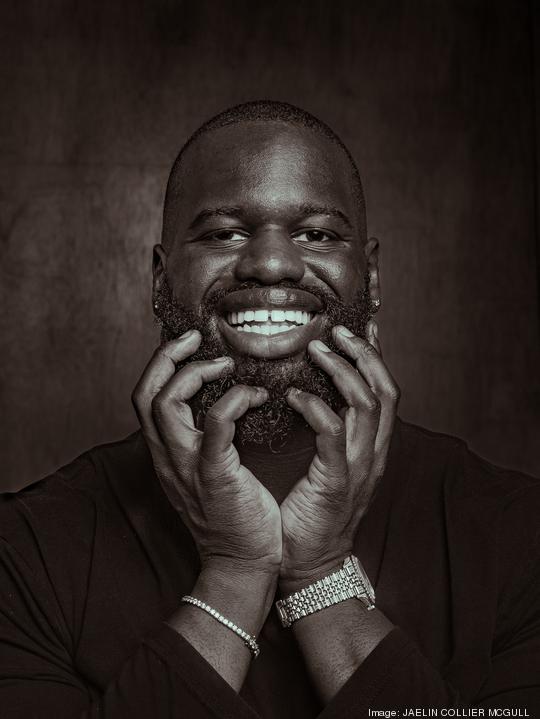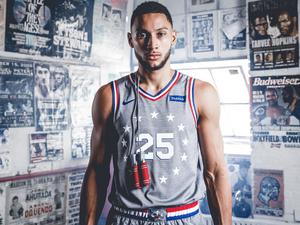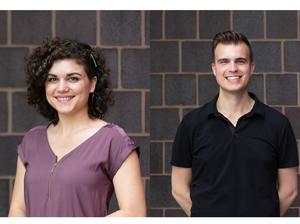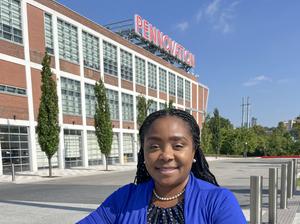
Wharton School of the University of Pennsylvania alum Solo Ceesay carries a lot of weight on his shoulders, some of which is an obligation he feels to influence people who look like him.
That doesn't mean being a 6-foot-2 former Division I defensive end, but being an entrepreneur of color. Ceesay is a former Penn football player and co-founder of the Calaxy app, a platform built on blockchain in which influencers can monetize their likeness and relationships with their followers. Launched in 2020, the Los Angeles startup combines elements of apps like Patreon and Cameo, but can be used by anyone from TikTokers to models to athletes. Ceesay founded the app with Dallas Mavericks guard Spencer Dinwiddie and the duo has raised over $33 million in funding to date.
Ceesay, who turned to entrepreneurship after a stint on Wall Street, returned to Wharton on Friday to speak to the Whitney M. Young Jr. Memorial Conference about his journey as a Black founder in the tech space.
In an interview with the Business Journal, Ceesay said he felt a certain duty to encourage entrepreneurs of color to persist in a space that can often feel predominantly white.
"I feel like so much of what I do is so I can be in a position to help people who look like I do," he said. "Whether that's helping to create generational wealth for my family or working with other entrepreneurs of color, I feel a huge responsibility to be able to do that."
Ceesay has found an avenue to reach entrepreneurs of color through media. He writes for Rolling Stone and Entrepeneur.com, co-hosts a podcast with Dinwiddie and has appeared on a number of podcasts that touch on the overlap of sports and finance.
However, despite his Wharton pedigree and long list of credentials, Ceesay said it's not always easy to fit into the startup ecosystem as a Black founder.
"It's super hard," Ceesay said. "I'm much more likely to get asked if I play in the NFL or the NBA than if I am working with blockchain, or on Wall Street or an entrepreneur. You get some bias, the markets can be biased, even if it's not intentionally so. It's definitely challenging."
For Ceesay, he has been able to leverage relationships with athletes to help facilitate connections. Dinwiddie is his brother's best friend, and Dallas Cowboys star running back Ezekiel Elliott is one of Ceesay's best friends from growing up in St. Louis and was an early supporter of Calaxy. Ceesay's network has helped attract influencers and athletes to Calaxy, which has signed about 200 influencers to date, but in the app's early stages he faced many of the same hurdles other founders of color do.
He said that has taught him the importance of networking, getting endorsements and finding different ways to bring credibility to his name when speaking with investors. Even then, Ceesay said the path isn't easy.
"You have to have this unwavering determination," Ceesay said. "You're going to run into obstacles and you're going to have to be a problem solver."
One of Ceesays first obstacles was in West Philadelphia, on Penn's campus. He chose the Ivy League school after receiving football scholarship offers from several Power Five universities. When he got to Penn, he saw the same issue he continues to see in the tech world.
"I didn't think I belonged here," Ceesay said. "But now coming back, I see a few more people that look like me. To have this opportunity to speak at Wharton five years after graduating — to some MBA [students] that are older than me and with all of these brilliant minds. Five years prior I didn't imagine being able to do this, so I just feel a lot of pride."







